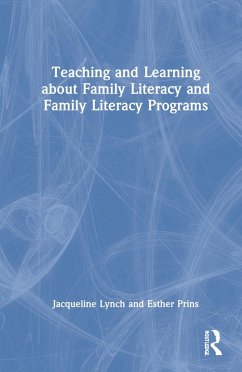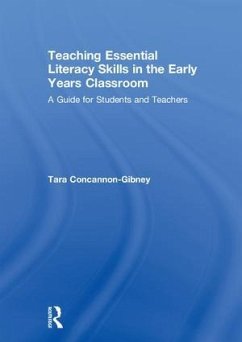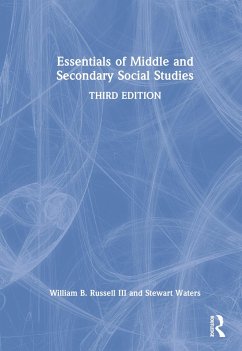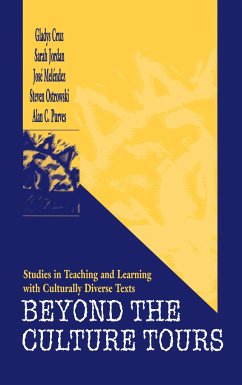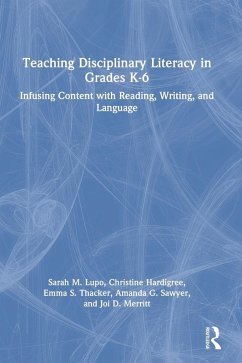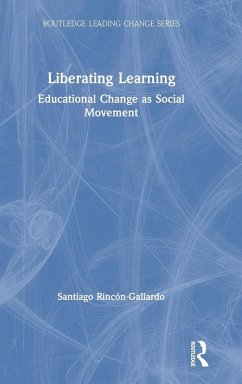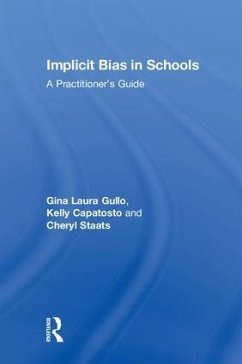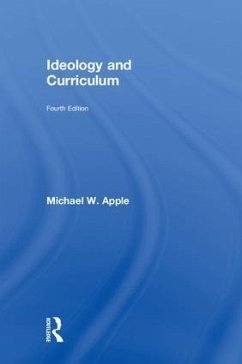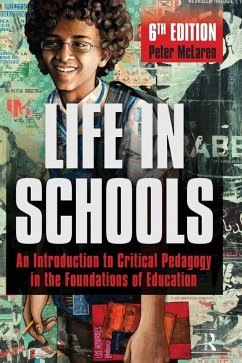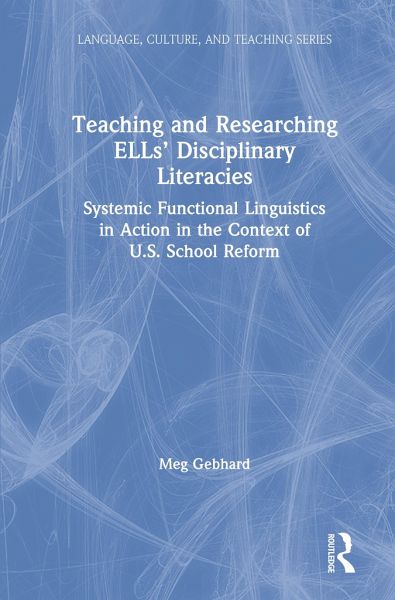
Teaching and Researching ELLs' Disciplinary Literacies
Systemic Functional Linguistics in Action in the Context of U.S. School Reform
Versandkostenfrei!
Versandfertig in 1-2 Wochen
167,99 €
inkl. MwSt.
Weitere Ausgaben:

PAYBACK Punkte
84 °P sammeln!
This critical perspective on literacy and schooling offers a conceptual framework to analyze how educational reforms have shaped the teaching and learning of language and disciplinary literacies in U.S. public schools.





